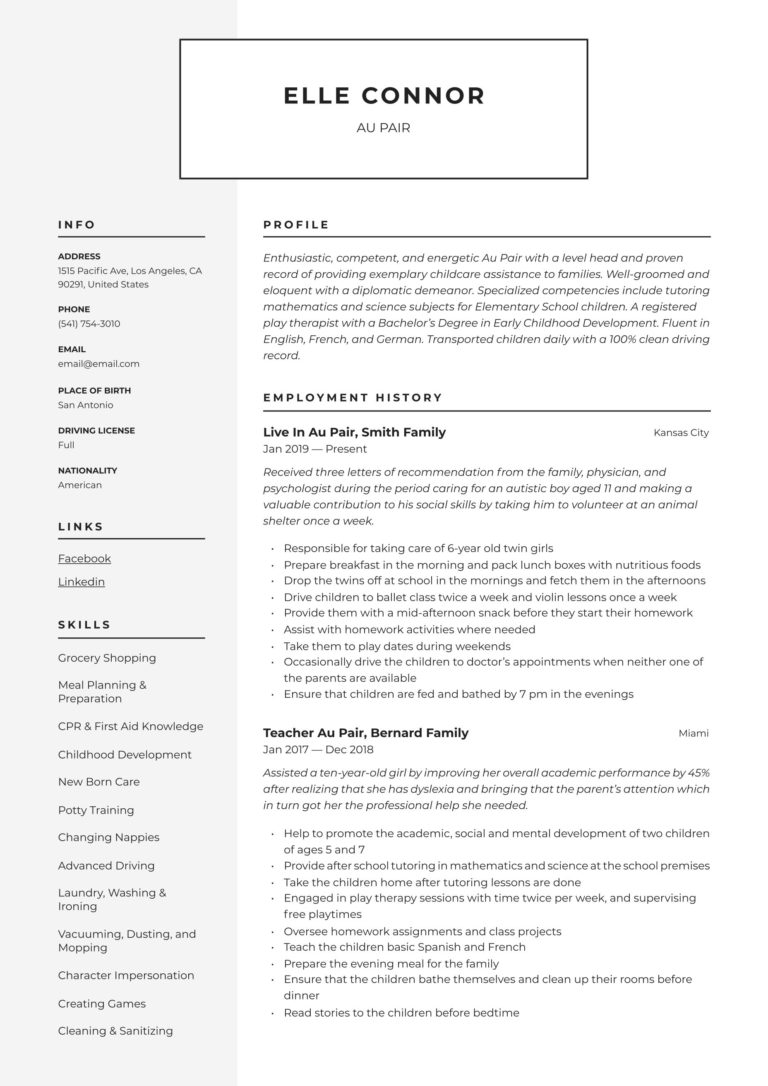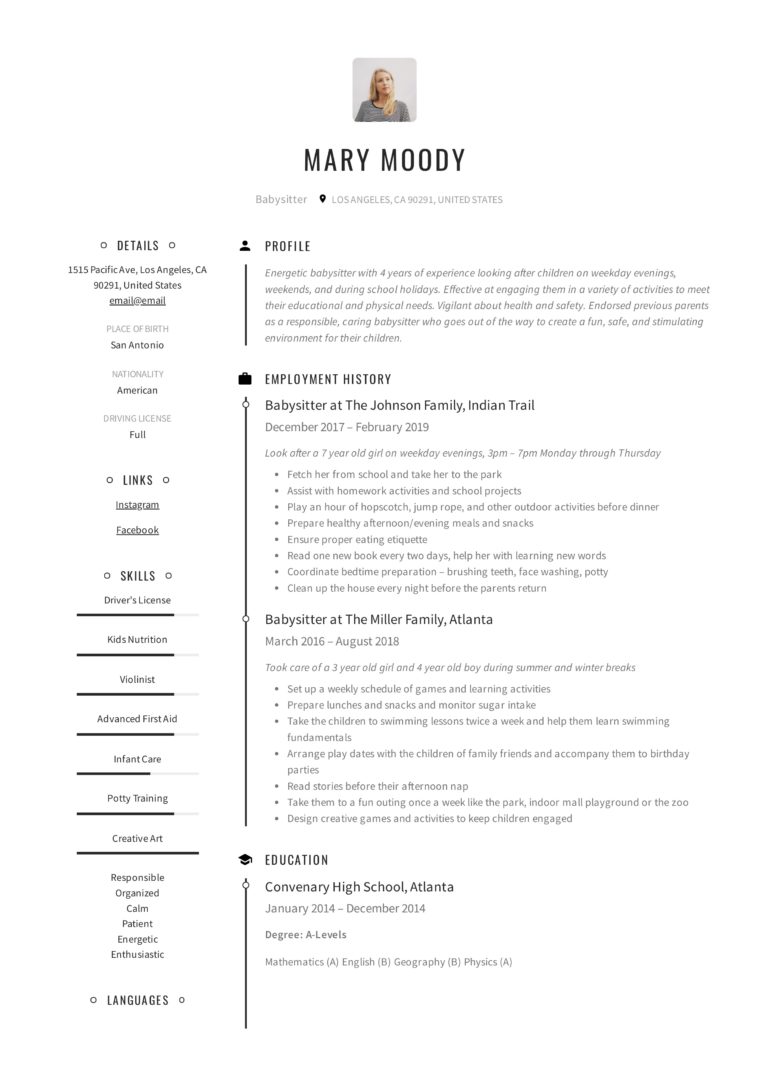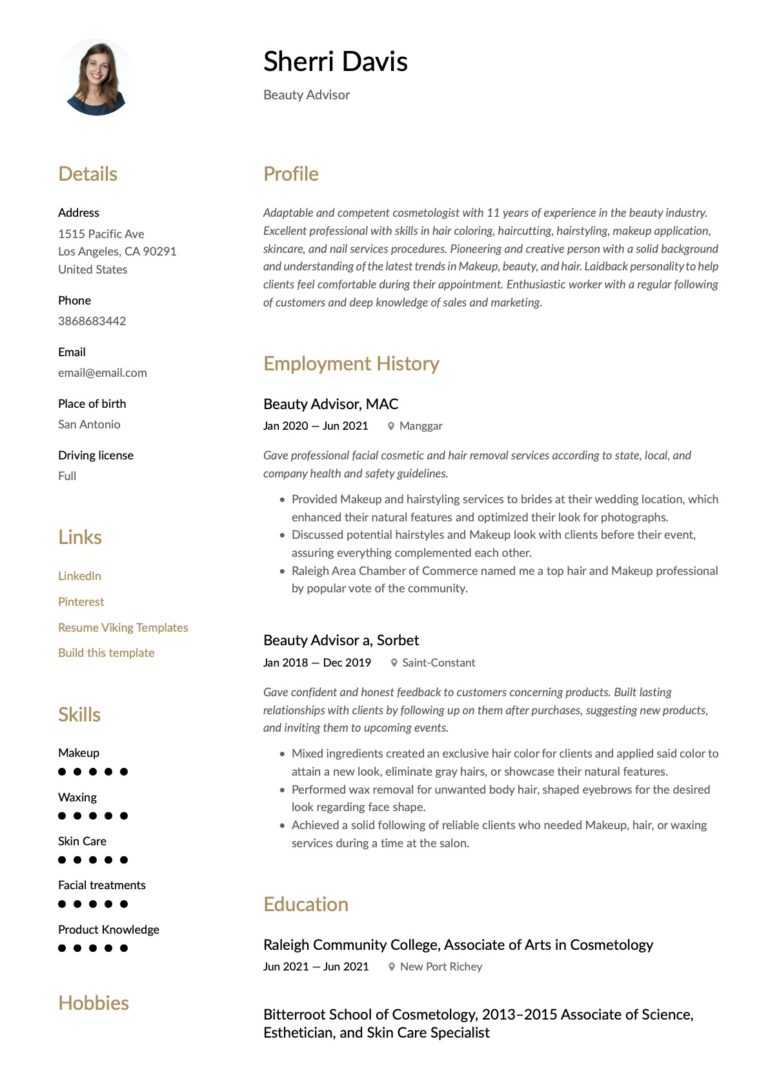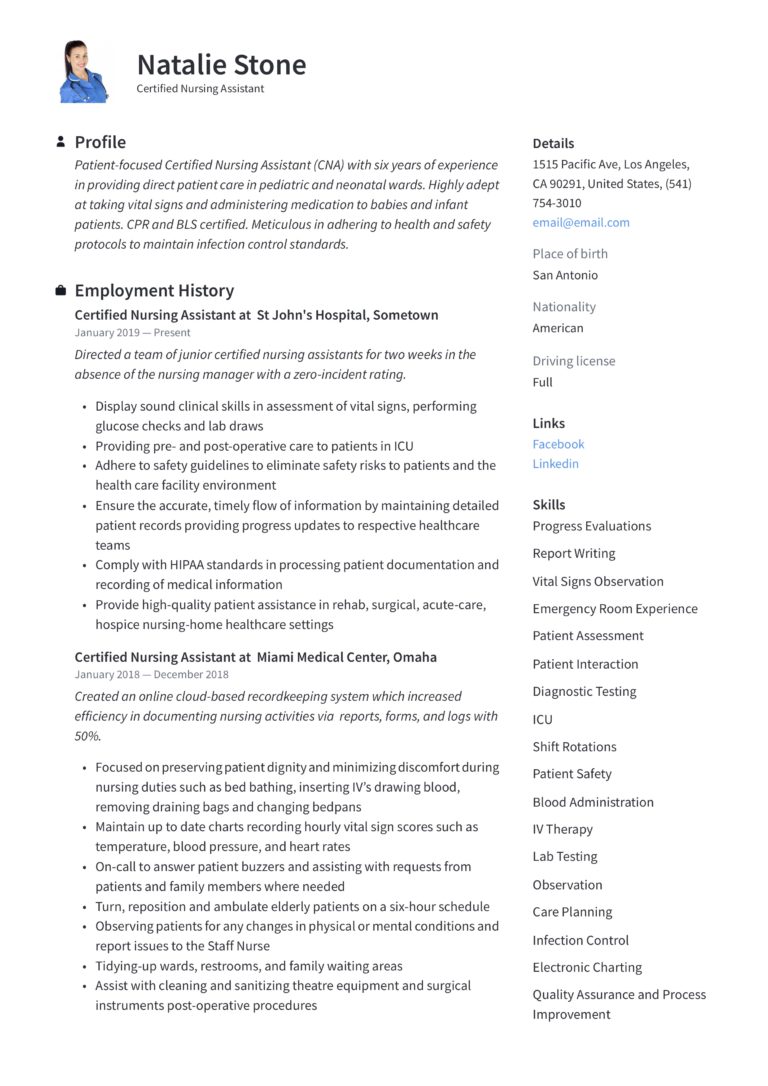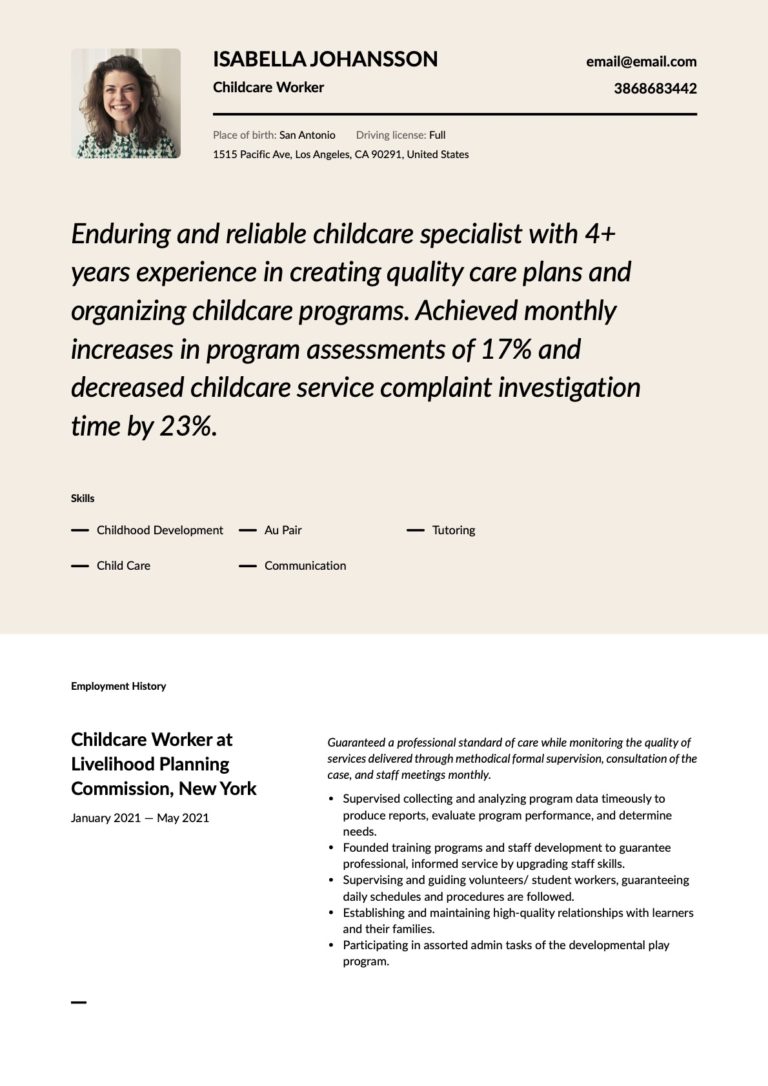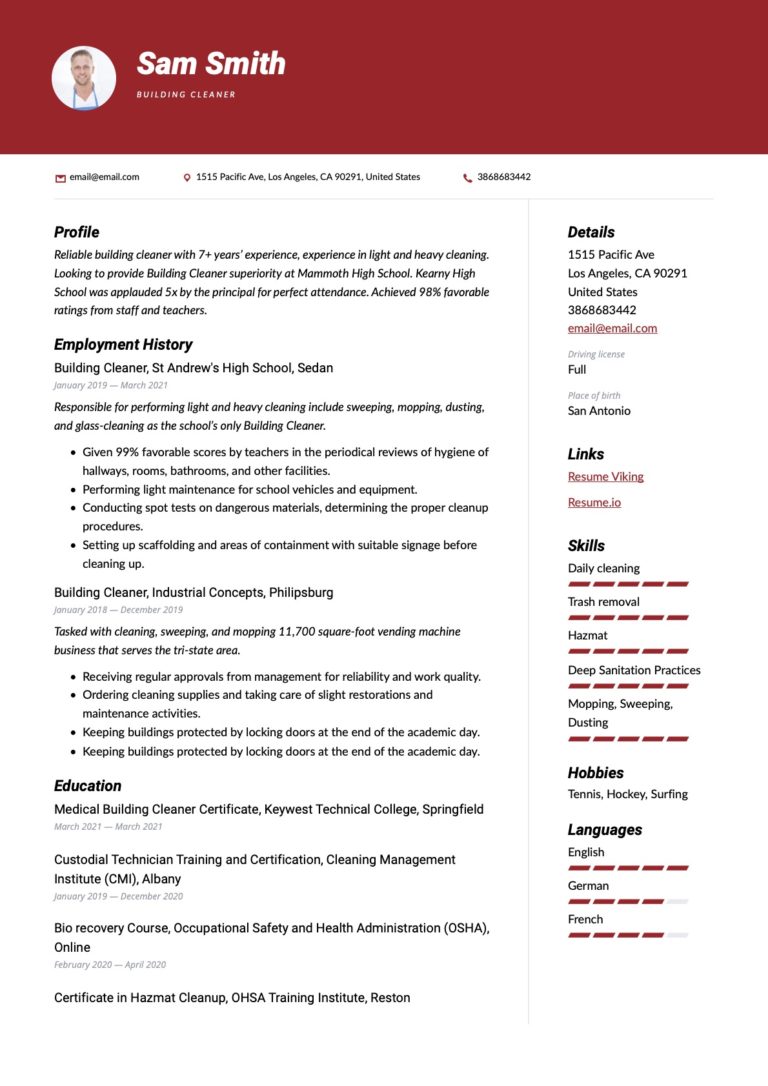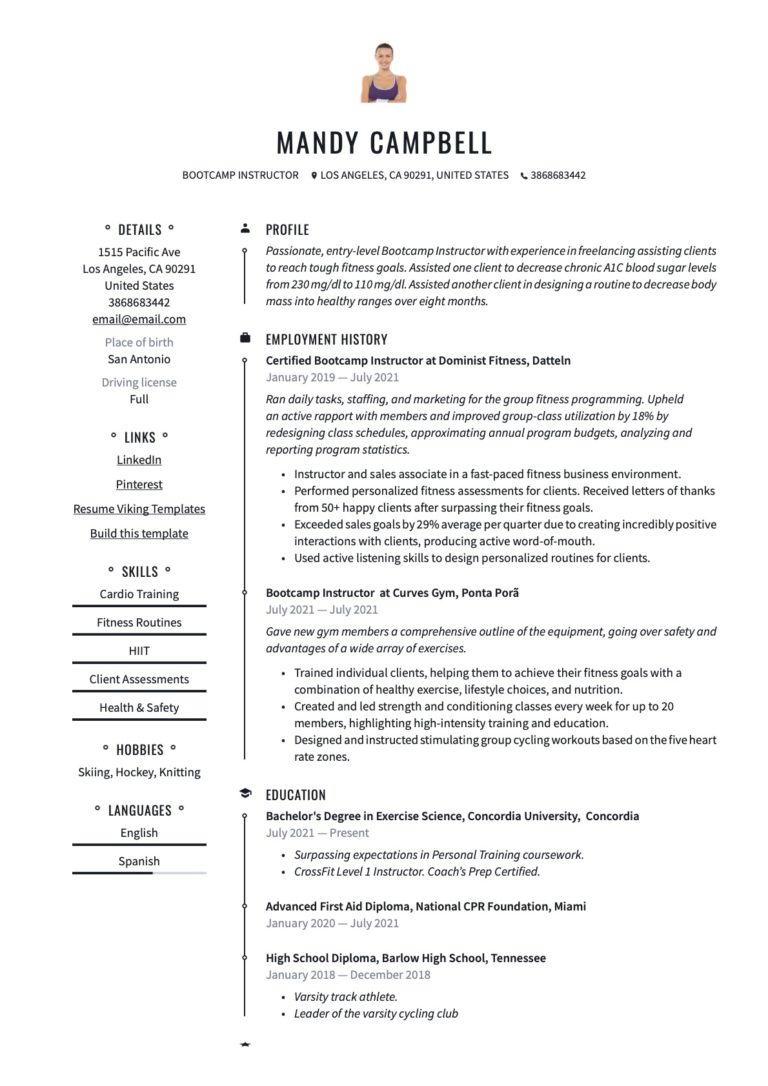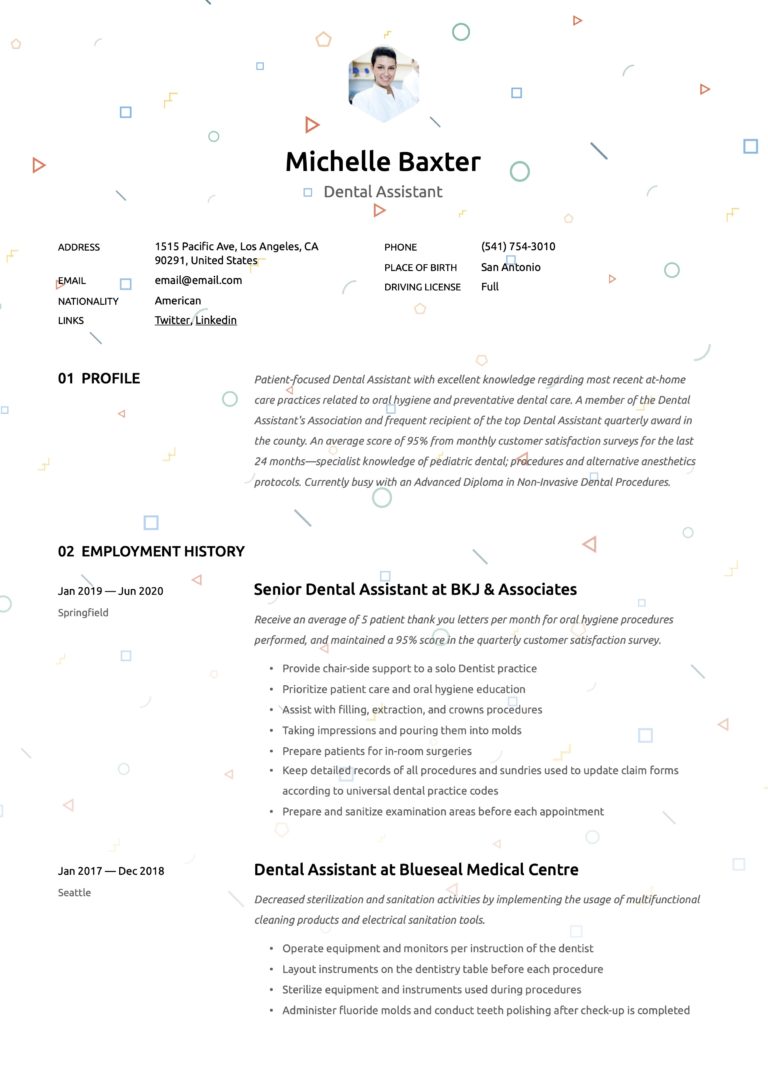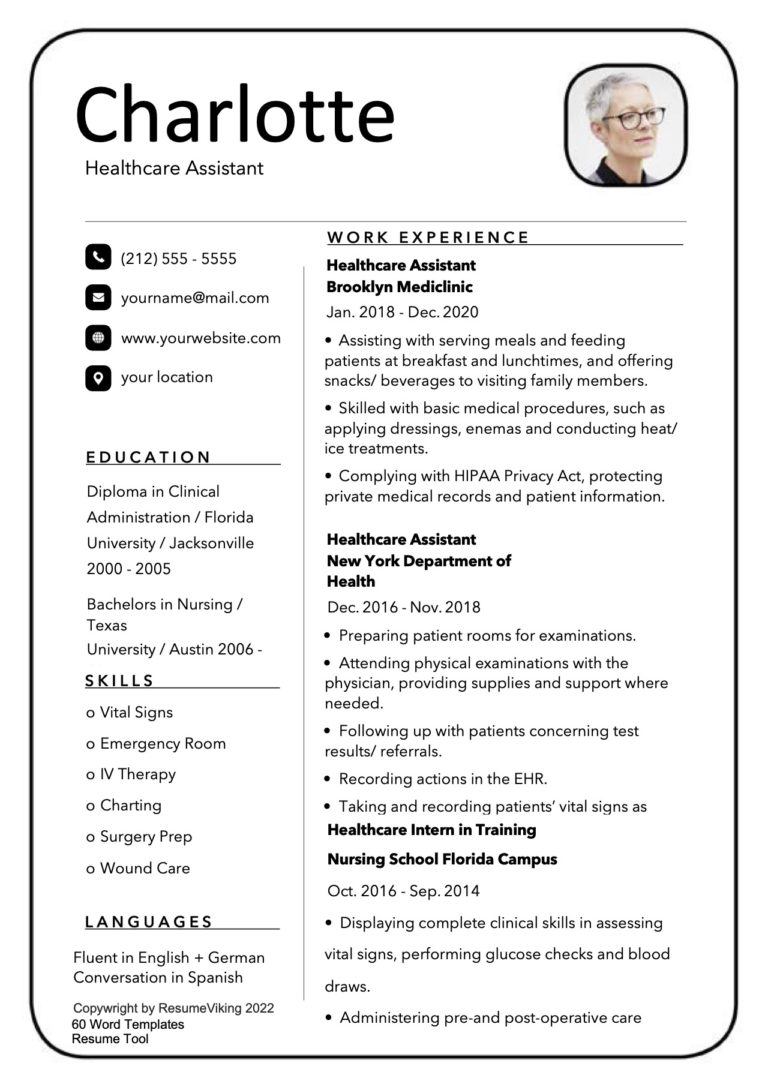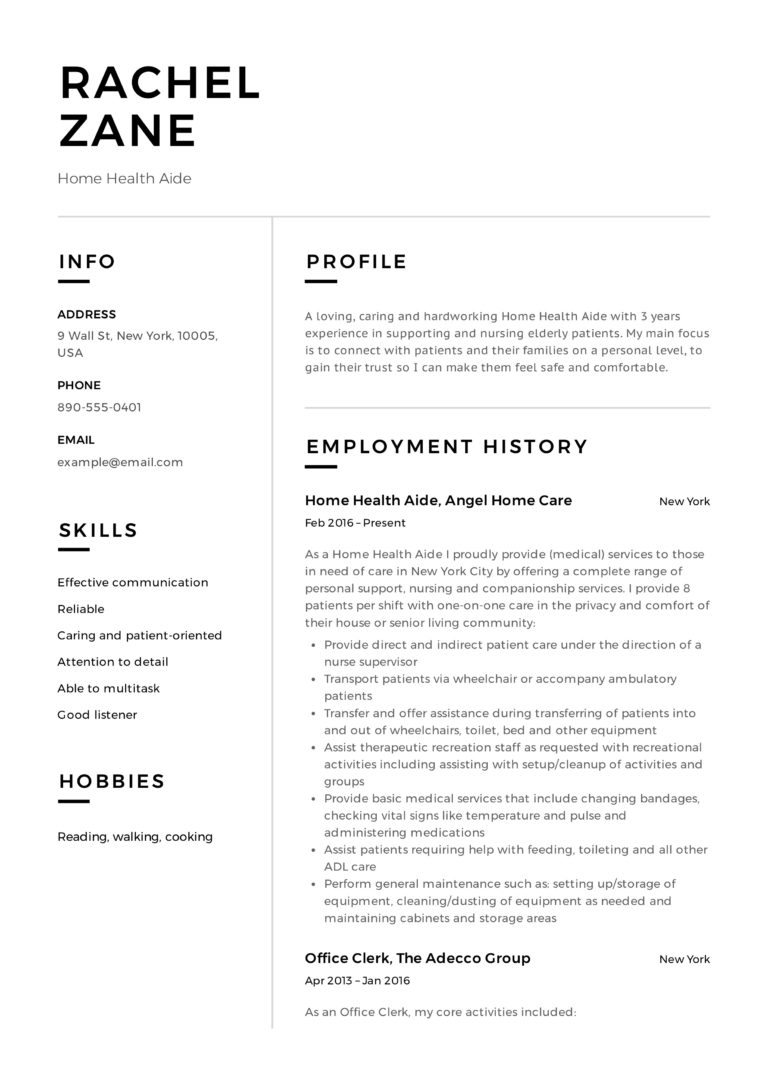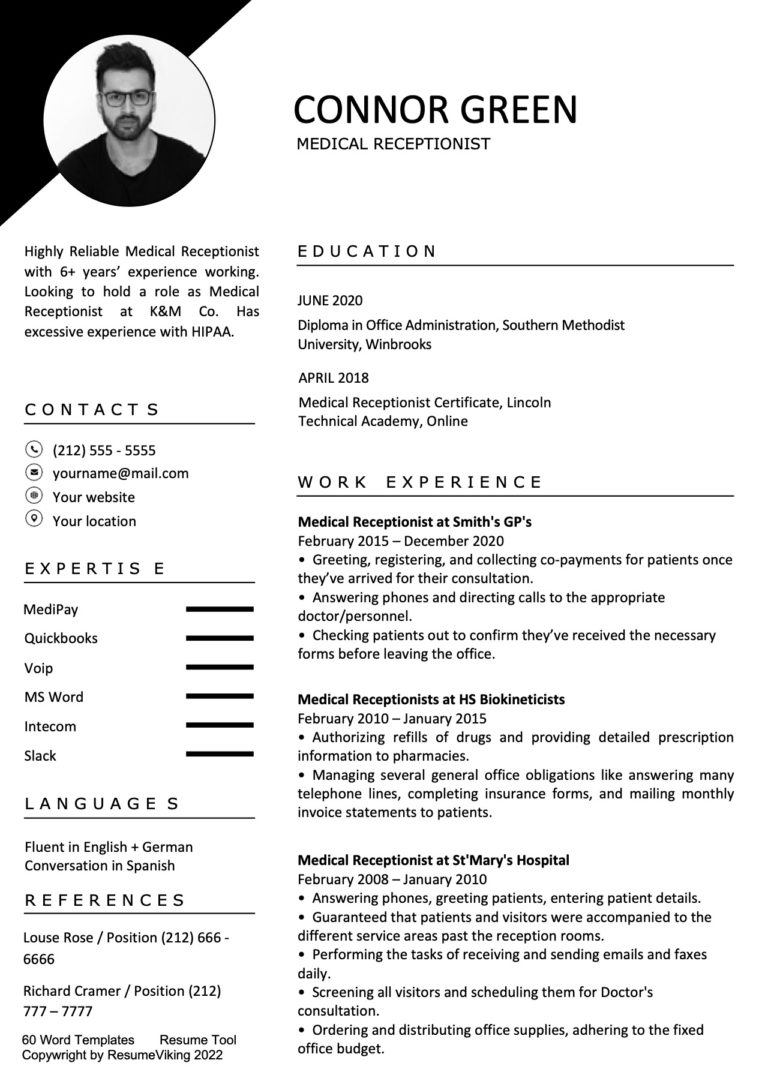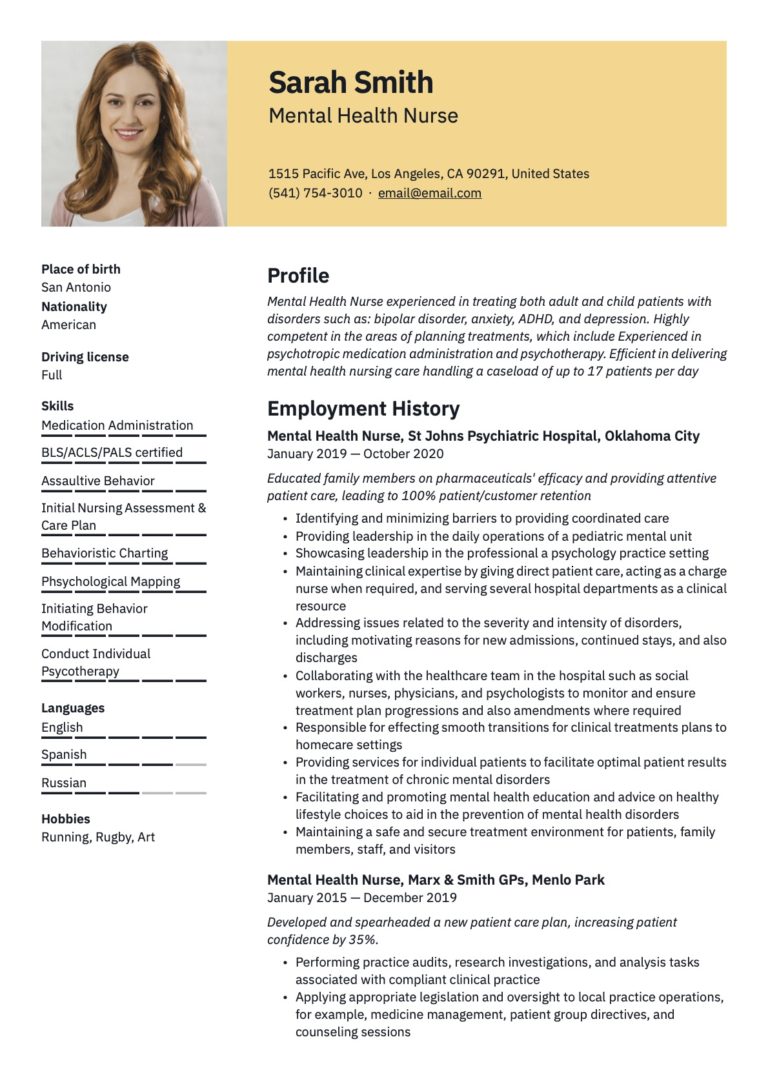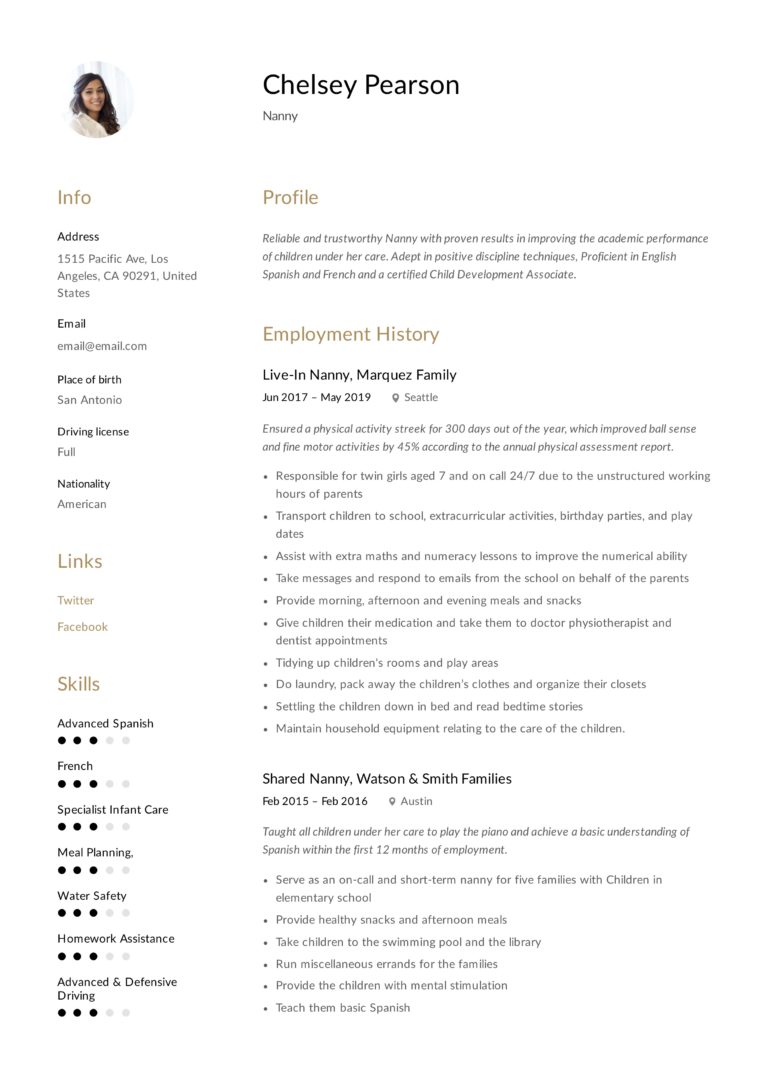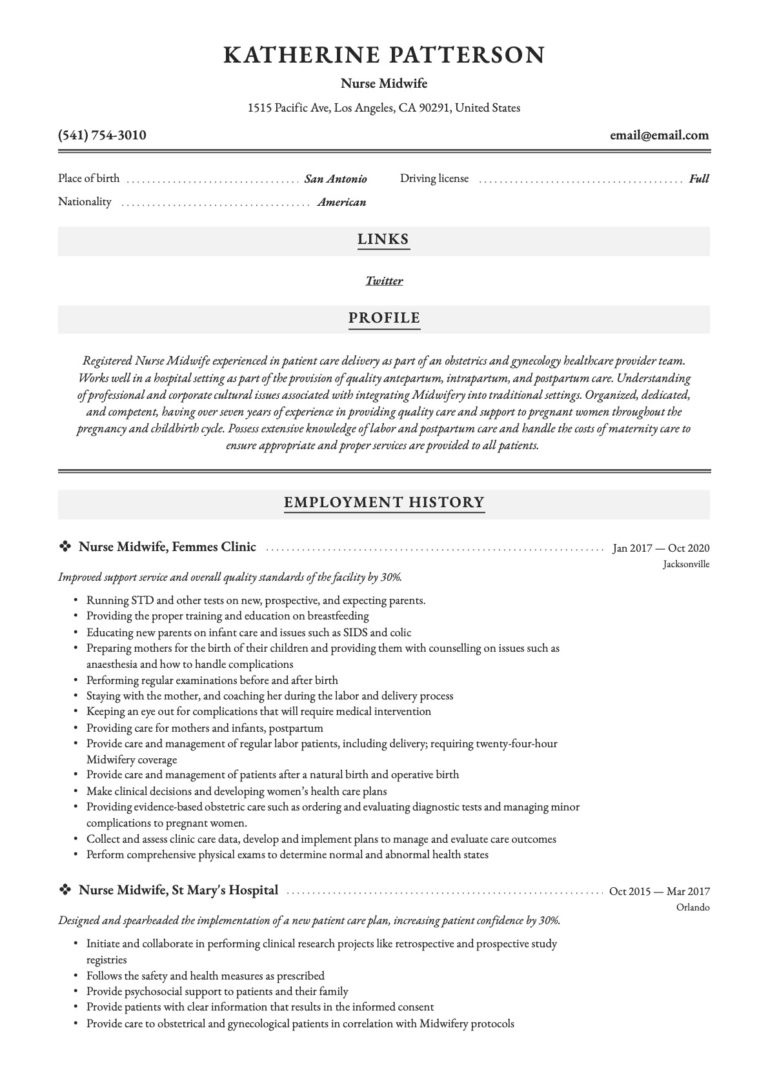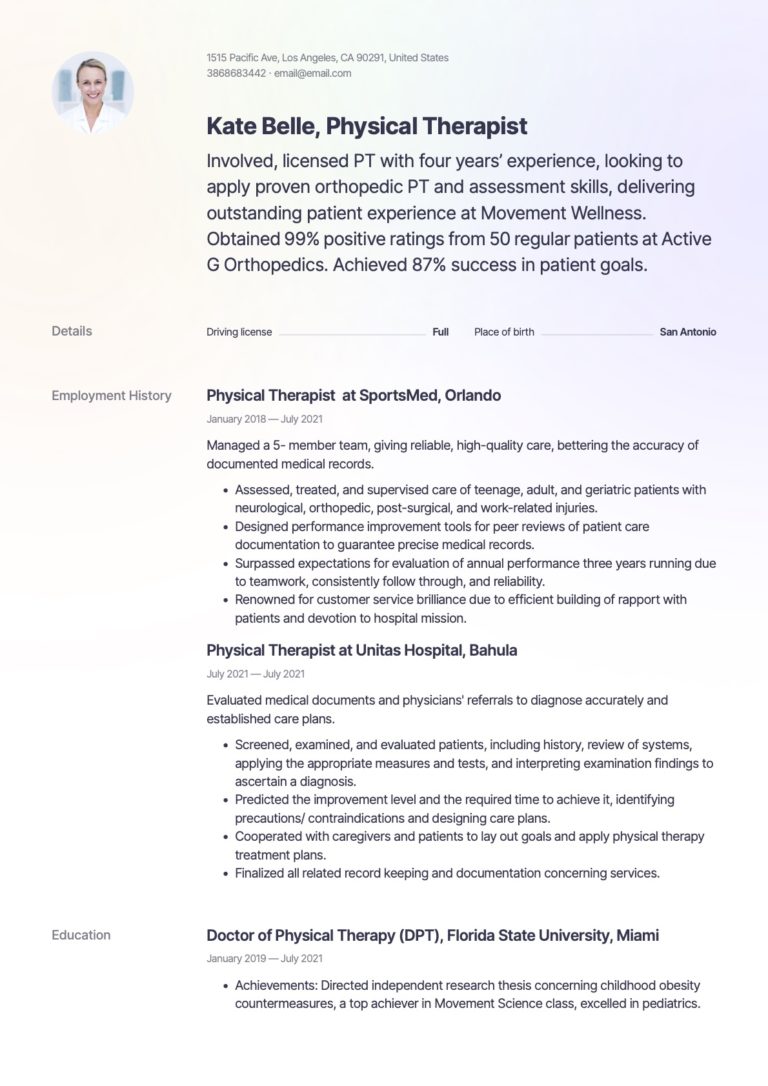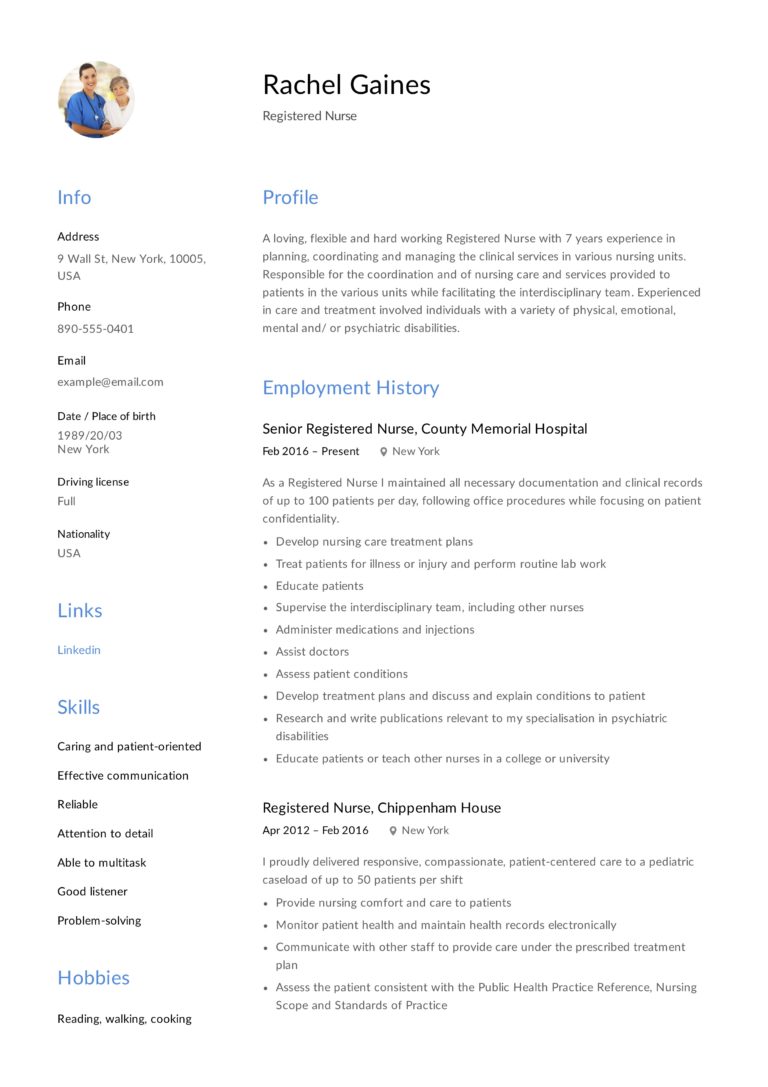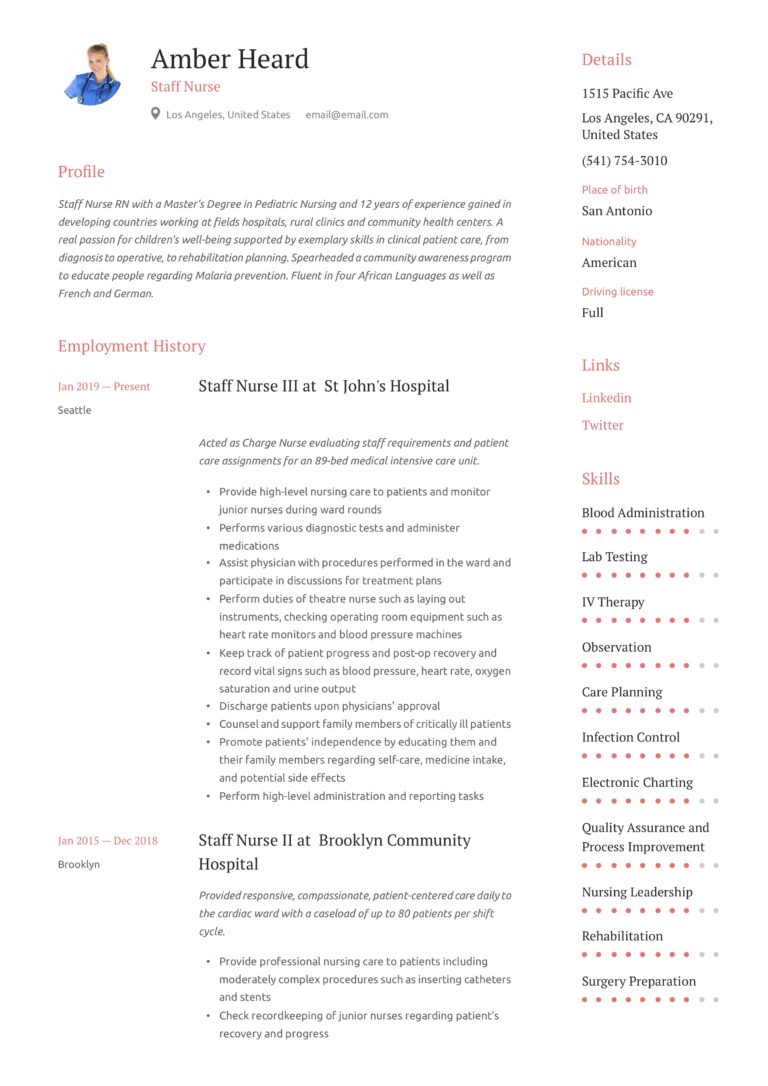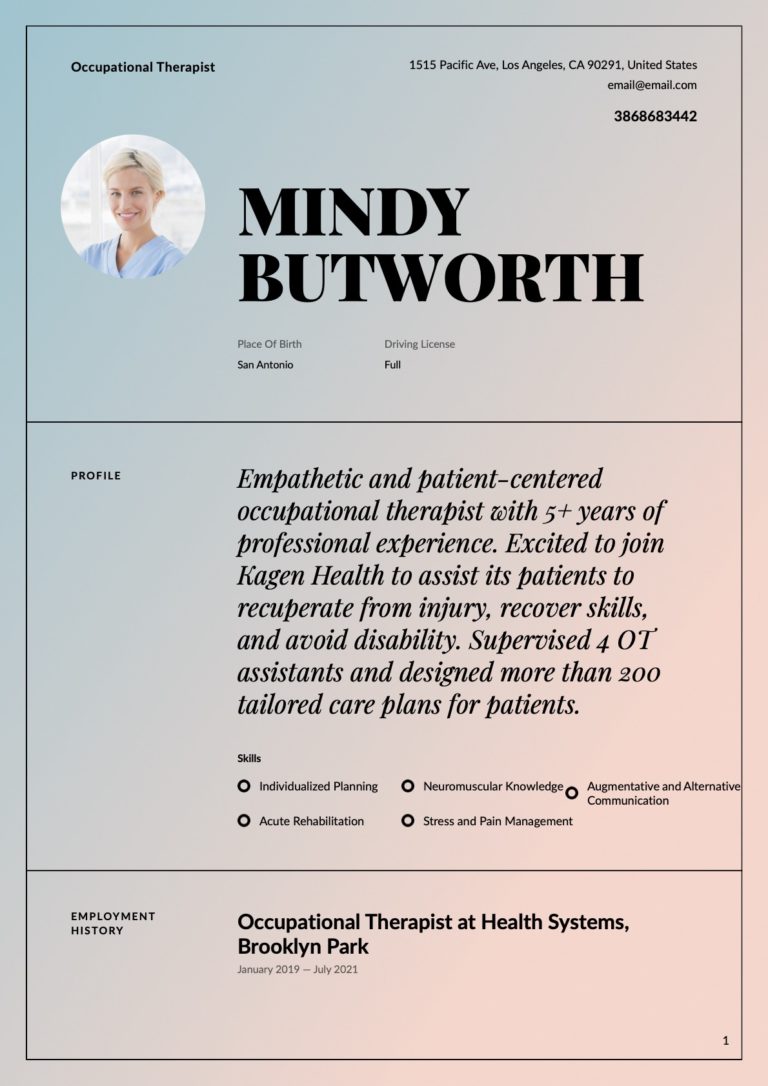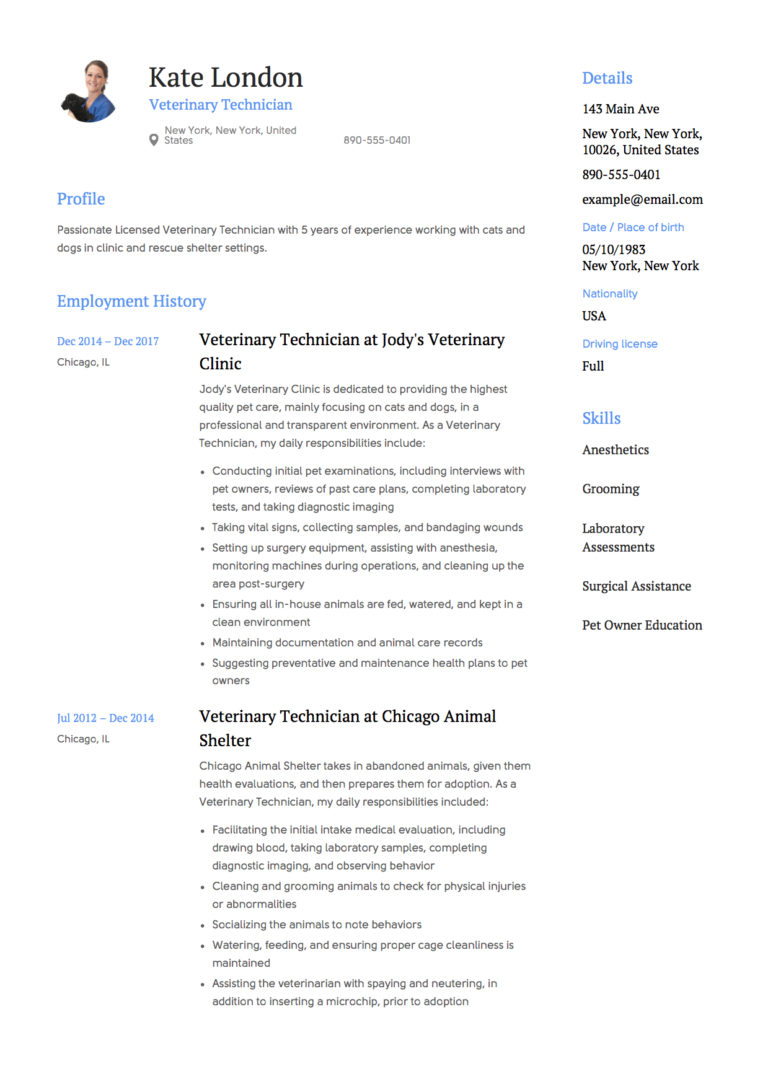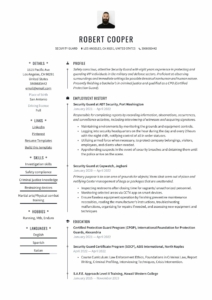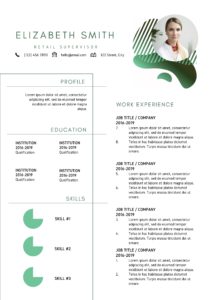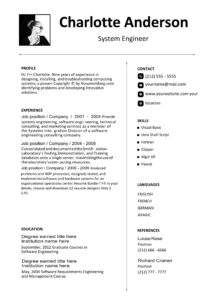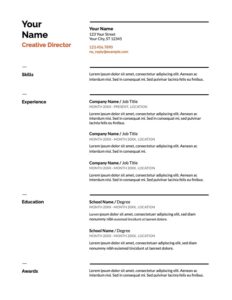Resume Guidelines for Health & Wellbeing Professionals
1. Contextualize your working environment
The health and wellbeing industry is massive and includes everything from medical and clinical care, to life coaching and psychology. You need to place your working set in the spotlight by explaining where you are employed for example hospitals, medical facilities, physicians' offices, clinics, nursing homes, hospices, rehab centers, corporate on-site clinics, schools, hospices, universities, military premises, and community health centers.
2. Industry and Technical Competencies
Recruiters would first search for your industry experience and technical competencies to match you to their available jobs. In the healthcare and wellbeing sectors, using a skills-based resume as opposed to a reverse chronological resume is preferred. Mention the industries that you have worked in for example geriatrics, surgery, obstetrics, frail care, occupational therapy, paramedics, pediatrics, child psychology, physical rehab, research, clinical trials, hospital administration, dietetics, biokinetics, or physiotherapy. List your technical competencies and core skills in a table format, placing this section just below your career synopsis.
3. Education and Certifications
For healthcare and wellness roles, adequate academic credentials are paramount and the more detail you can give the better. Apart from the usual date, qualification, institution and location also provide information about your course curriculums, GPA scores, recognition and endorsements received, hours logged (for practical courses), or CPD (Continuous Professional Development) credits obtained. Extra certifications and licensing are often required in this industry, so be sure to include them too. A two-year associate’s degree is usually the minimum entry requirement for health and wellness roles, going up to Masters and Ph.D. degrees for more specialized positions
4. Pay Scales in Health and Wellness Roles
At the lower end, being a fresher from a university you can expect to earn from $40 000 – $60 000 per year, at mid-range $100 000 to $140 000 each year, and high-level specialist physicians and surgeons, for example, can clock numbers north of $180k in a year.
5. Skills to Highlight
Blood Administration, IV Therapy, Assessment, Diagnosis, Analysis, Preventative Treatment, Lab Testing, Observation, Care Planning, Infection Control, Research, Electronic Charting Quality Assurance, Process Improvement, Patient Advocacy, Administration, Wound Irrigation Rehabilitation, Surgery Preparation, Theater Protocols, Perform Surgeries, Advanced Medical Technologies and Equipment, Pain Management, Report Writing, Direct and Indirect Patient Care, Patient Education, and Counseling, Treatment Plans, Medicine Distribution
6. Listing Accomplishments in Health & Wellness Resume Examples
There are a few options to choose from when listing accomplishments. Some career coaches advocate for creating a triple-A (achievements, accomplishments, accolades) section on the first page of your resume. Others suggest for more of a spread placing 1-2 accomplishment statements in each main section of the resume, for example, accomplishments during secondary and tertiary education and separate achievements per every job that you have held.
